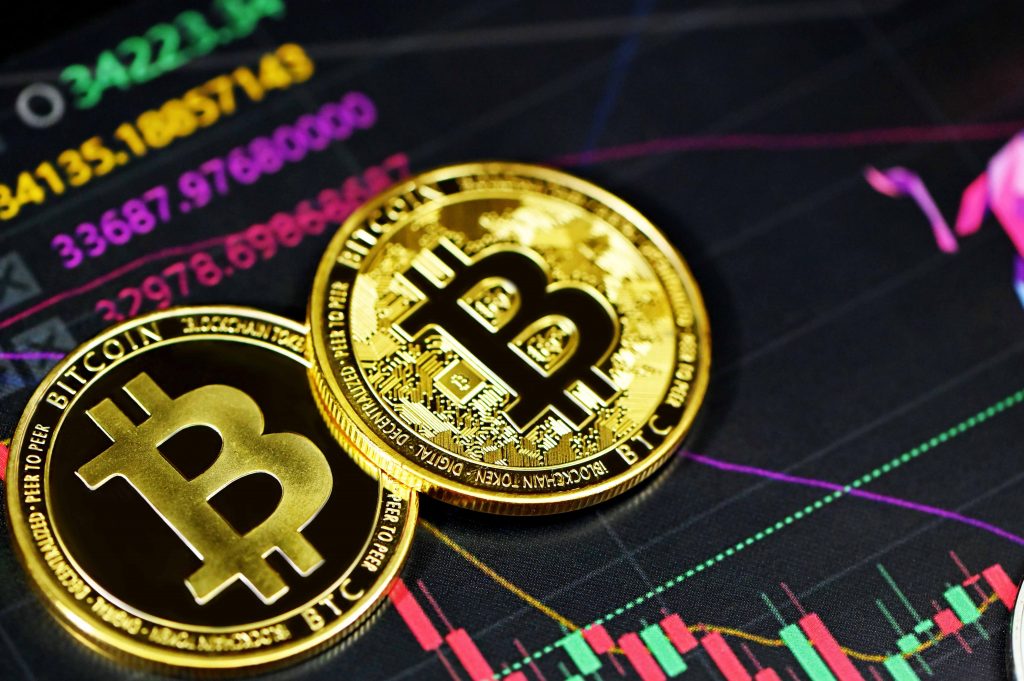One of the main reasons crypto enthusiasts choose to buy crypto anonymously is to protect their financial privacy and digital assets. There are several ways to find out vad är en bitcoin värd and buy crypto anonymously, including Bybit exchanges, decentralized exchanges (DEXs), and Bitcoin ATMs.
The key is to find a secure exchange that doesn’t require ID verification. This can help you avoid scams, identity theft, and other financial threats.
Peer-to-peer (Bybit) exchanges
Bybit https://www.bybit.com/en-US/ exchanges are used by crypto traders to buy and sell cryptocurrencies without the need for an intermediary. They also offer greater security and are often faster than traditional centralized exchanges.
They also allow users to buy bitcoin anonymously, making it possible for them to avoid identity theft. This is a big advantage for people who don’t have access to a bank account or credit card, which are often required by regular exchanges.
For example, OKX is a peer-to-peer exchange that links buyers and sellers. Its platform displays a list of crypto sales that meet specific criteria, such as the amount of coins and payment method. The buyer then places their order, chooses a payment method and confirms the transaction. The cryptocurrencies are then held in the escrow wallet until the seller completes their payment.
Exchanges that require no ID verification
Cryptocurrency exchanges that require no ID verification are a good option for people who want to buy bitcoin anonymously. These platforms are the easiest and most convenient ways to buy crypto and they usually have relatively low trading fees.
While identity verification procedures are necessary for Know Your Customer (KYC) compliance, they can be difficult for customers and slow down onboarding. This can lead to customer abandonment and lost revenue.
As more and more regulations enter the cryptocurrency space, it’s important for crypto exchanges to have secure, fast, and compliant identity verification processes in place. This will help keep their users safe and protect them from fraud and money laundering.
For example, iProov’s cloud-based identity verification enables exchanges to easily verify users on all devices without having to re-enroll them. It also allows them to easily log in and out of their accounts using biometric templates, which means they can continue to access their accounts securely even if their device is stolen or broken.

Exchanges that require ID verification
ID verification is a process used by exchanges to make sure users are who they say they are. This helps the exchanges protect their reputation and avoid scandal, especially when an exchange is hacked or has lost money to hackers.
Identity verification is necessary to prevent fraud and illegal activities like money laundering, terrorism and tax evasion. It’s also essential for crypto exchanges as it helps them keep suspicious people out while making it easy for legitimate customers to deposit and withdraw.
Basic level: Users must submit their name, date of birth and email address. They can also upload a photo of valid government-issued identification such as a passport, driver’s license or state ID card.
Intermediate level: Users must upload a copy of their valid government-issued identification as well as a photo of their residential address. They can also submit a utility bill or bank statement.
Advanced level: Users must upload a copy of both their government-issued identification and a photo of their residential address. They also need to verify their identity by using a biometric face scanner.
Exchanges that charge a fee but don’t require ID verification
There are a few exchanges that charge a fee but don’t require ID verification, allowing users to buy bitcoin anonymously. These platforms are often used by crypto traders who value privacy and want to keep their personal information out of the hands of hackers.
While KYC requirements are important for keeping untrustworthy individuals out of the cryptocurrency market, they also make it difficult for legitimate customers to verify their identities. This can result in an increased customer drop-off rate.
To minimize the number of drop-offs, exchanges need to make identity verification as seamless and quick for legitimate customers as possible. To achieve this, they must implement a standardized identity verification process that is easy for customers to complete and automated.
